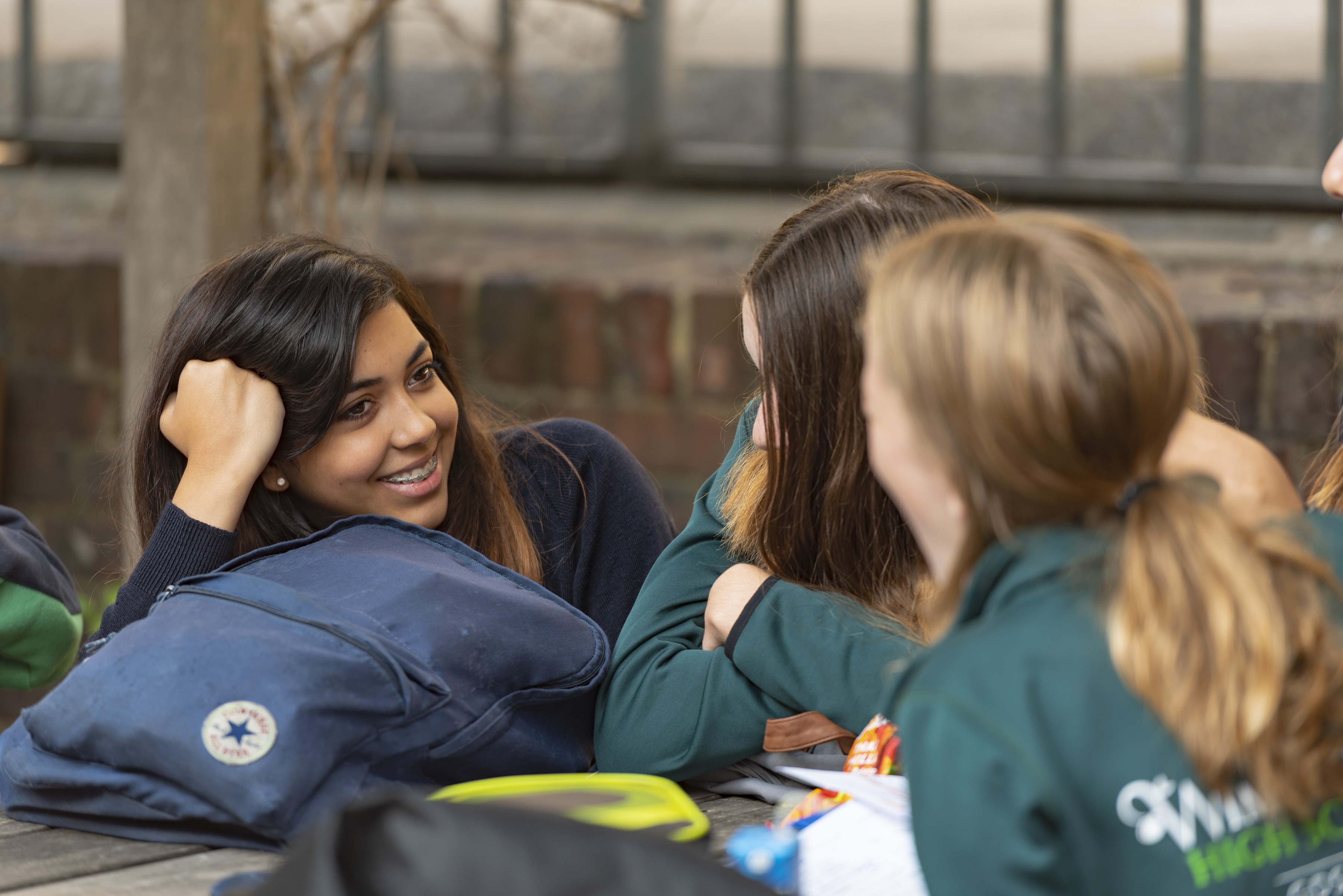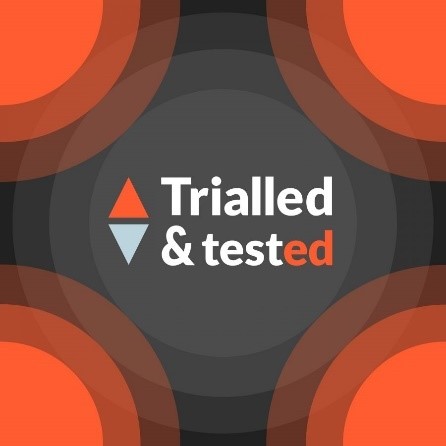Deb McDowell, Head of Drama at WHS, reviews Andy Williamson’s podcast on the importance of developing autonomous intelligence in order to fulfil our potential as learners and navigate our lives with confidence. Deb reflects on how embracing metacognition could help us dismantle some of the more unhelpful and outdated aspects of our educational tradition.
‘Children should be taught how to think not what to think’ – Margaret Mead
Andy Williamson is an Oxford graduate, academic and founder of the Hampton Tutors, a US based academic coaching and tutoring agency. In July 2020 he launched the Hampton Tutors Podcast Network. In the first episode in his series of talks, (confusingly Episode 2 of the podcast series), Andy reflects on what it means to be ‘intelligent’ and the skills and tools we can develop in order to maximise our own learning and operate more effectively in an educational context and the world more broadly.
His clear and straightforward approach to this topic is refreshingly unpretentious as he asks the listener to consider the different ways we judge intelligence. He reminds us of various types of intelligence so often underappreciated within a competitive academic environment and uses comparisons with physical and sporting development to illustrate his points.
Williamson asks us to recognise that our educational system rewards depth of knowledge over breadth; how well we can zoom in on one narrow area. While this requires a great deal of hard work, what we are actually rewarding is diligence and memory rather than developed intelligence. I was minded to consider how much this reinforces cultural inequality and also discourages the kind of cognitive risk-taking and creative thinking we want to to see at WHS.
Andy applauds the breadth and depth of knowledge which is borne of hours of study and hard work, but proposes that true intelligence is applied when a person has the ability to adapt to a range of situations, and any test of intelligence should be measuring your capacity to learn. When faced with a challenge can you work out how to work it out?
I enjoyed how Williamson connected with the College students in his audience by using his Oxford interview as a good example of how he was taken out of his comfort zone; being purposely asked questions about a specific area of History he had never studied in order to test whether he could extrapolate, make connections and apply knowledge from other areas whilst all the time conscious he was almost certainly making errors.
This was a timely reminder that, particularly at A level, we must resist the urge to soothe away all the anxieties of those students who come to us seeking support; waving their mark schemes and asking for exemplars. What they really need is greater autonomy and we should be facilitating this – not attaching stabilisers to the bike they would otherwise be able to enjoy riding just as fast, if not faster than everyone else.
To reinforce the need to encourage learners to use metacognitive skills to become more autonomous as learners Williamson references Todd Rose’s ‘The End of Average’ which reminds us that using a statistical mean as the basis for any system is most likely to lead to something which ‘best fits’ very few. At this point I was minded to reflect on which learners are best served by our current education system, and more importantly, which are seriously disadvantaged.
Any Williamson outlines seven skills to have in a toolkit to support the development of autonomous intelligence. He asserts that by focussing on developing these skills we will improve academic outcomes and this will also help us re-frame how we see ourselves.
- Metacognition: Knowing how best you learn.
- Executive Function: Knowing how to manage tasks, time and people to learn better.
- Growth Mindset: Being willing to push boundaries and get things wrong in order to learn.
- Resilience and Endurance: Being able to endure disappointment and uncertainty.
- Enjoyment: Finding an angle that interests you in what you are doing.
- Communication: Ensuring your ideas are as precisely understood by someone else as they are by you.
- Mindfulness: Using strategies to avoid over thinking and find contentment.
Williamson promises to talk in more detail about each of these in subsequent podcasts in order to identify what we can do to build our toolkit to become more efficient and effective learners and be more confident operating outside our individual comfort zones. (Metacognition and Executive Function are already available as chapters 4 and 6 in the podcast series).
As statues fall and monuments are being re-evaluated in the light of much needed cultural change, it’s time for a radical re-think in Education. Perhaps, rather than relying completely on the traditional regurgitation of increasingly narrow spheres of knowledge – a system which arguably restricts diversity and reinforces inequality – we should be putting the acquisition of metacognitive skills at the forefront of what we do in schools.


